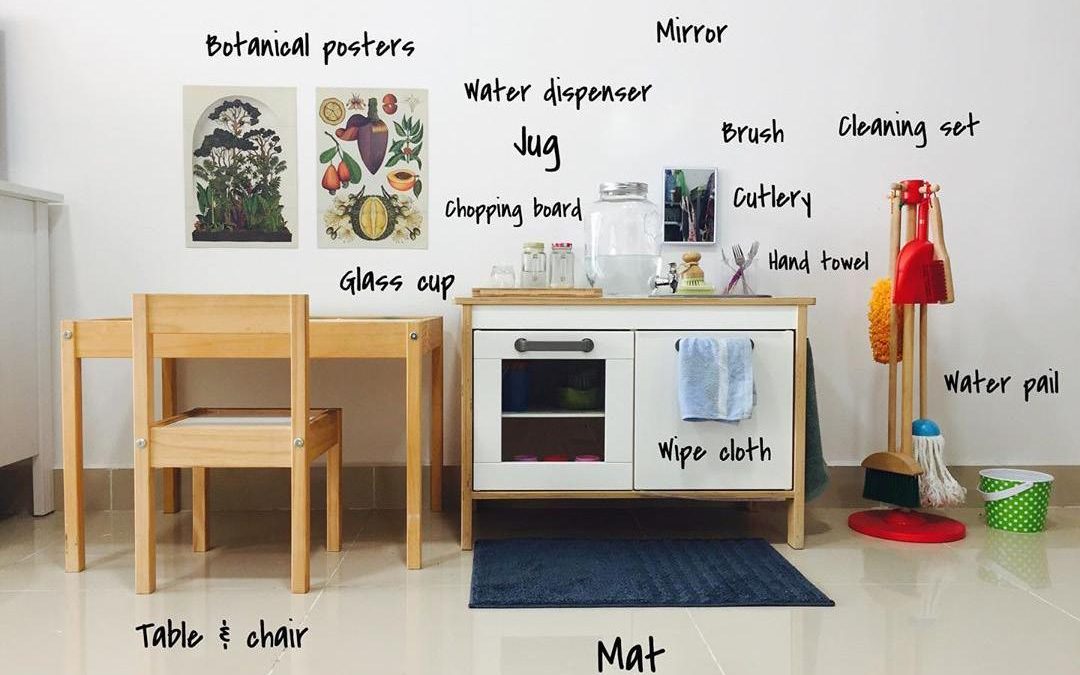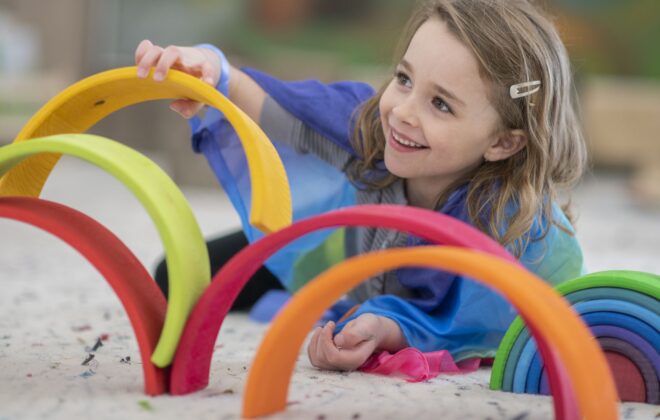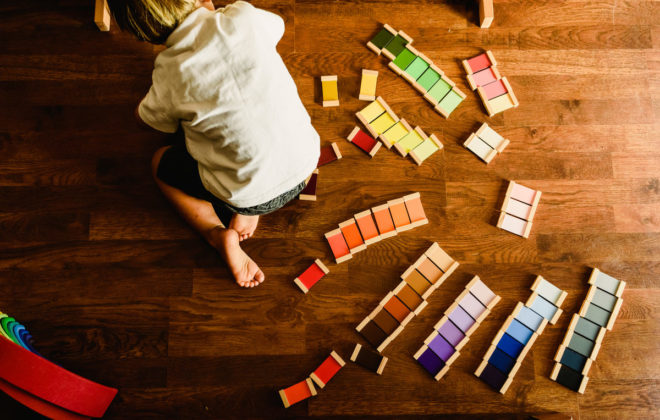How Montessori Principles Can Be Applied at Home
Montessori education is all about fostering independence, curiosity, and hands-on learning. While it’s often associated with schools, these principles can easily be applied at home. With a few simple changes, you can create a nurturing environment that promotes your child’s growth and development.
1. Create a Prepared Environment
A key element of Montessori is the “prepared environment,” which encourages exploration and independence.
- Child-Sized Furniture: Make sure your child can reach shelves, tables, and chairs on their own.
- Accessible Materials: Keep toys and books within easy reach, and rotate items regularly to keep the space engaging.
- Organization: A clutter-free, organized home helps children develop responsibility and order.
2. Foster Independence with Practical Life Skills
Practical life skills are essential in Montessori. Involve your child in daily tasks to build confidence and motor skills.
- Involve them in Chores: Let your child help with simple tasks like setting the table, folding laundry, or feeding pets.
- Self-Care: Allow time for your child to dress themselves, brush their teeth, and care for their belongings.
- Problem-Solving: Encourage your child to solve problems on their own, whether it’s figuring out a puzzle or putting on shoes.
3. Hands-On Learning
Montessori encourages learning through real, tangible experiences.
- Sensory Activities: Provide activities like pouring, sorting, or building to engage their hands and minds.
- Explore Nature: Take nature walks, garden, or simply play outside—nature is full of learning opportunities.
- Creative Play: Encourage open-ended play with art supplies, blocks, and music to nurture imagination and creativity.
4. Follow Their Interests
Montessori emphasizes child-led learning. Let your child explore what sparks their curiosity.
- Observe and Follow Their Lead: Watch what fascinates them and offer activities related to their interests.
- Freedom of Choice: Let your child choose what they want to explore. This promotes independence and decision-making.
- Respect Their Pace: Allow your child to learn and grow at their own speed, without pressure to meet specific milestones.
5. Encourage Emotional and Social Growth
Montessori also focuses on emotional intelligence and social skills.
- Model Respect: Treat your child with respect and calmness, and they’ll mirror these behaviors.
- Conflict Resolution: Guide your child through resolving conflicts and understanding different perspectives.
- Empathy: Encourage your child to care for others, whether through helping a sibling or caring for pets.
6. Promote Intrinsic Motivation
Montessori encourages children to find joy in learning, not external rewards.
- Praise Effort: Focus on praising effort, perseverance, and the process rather than just outcomes.
- Avoid Rewards: Rather than offering treats or stickers for good behavior, foster an environment where learning is its own reward.
7. Be Patient and Observant
Finally, one of the most important Montessori practices is being a patient observer.
- Observe, Don’t Interrupt: Watch how your child engages with the world and offer support when needed.
- Respond to Their Needs: Be attuned to your child’s emotional and developmental needs without over-controlling.
Applying Montessori principles at home is about creating a space where your child can grow, learn and thrive independently. By focusing on a prepared environment, fostering independence, and encouraging hands-on learning, you can support your child’s natural curiosity and love of discovery.



